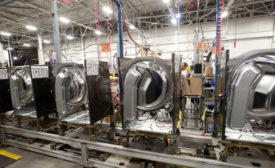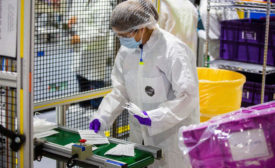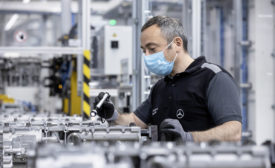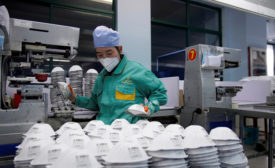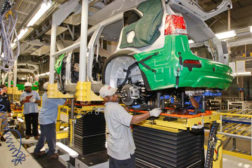Jim Smith
U.S. Manufacturing Had an Opportunity—And We Wasted It
In the wake of COVID-related supply chain disruptions, U.S. manufacturers should rethink global supply chains.
July 28, 2020
Are Avionics Manufacturers Resistant to Change?
Our electronics industry commentator expresses frustration at the "that's-how-we've-always-done-it" culture among avionics manufacturers.
March 20, 2019
Never miss the latest news and trends driving the manufacturing industry
Stay in the know on the latest assembly trends.
JOIN TODAY!Copyright ©2024. All Rights Reserved BNP Media.
Design, CMS, Hosting & Web Development :: ePublishing
